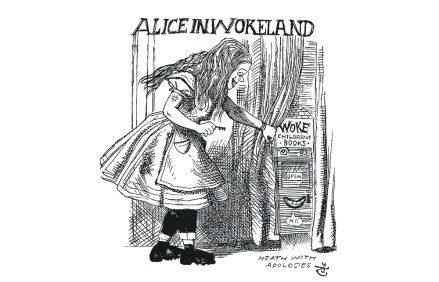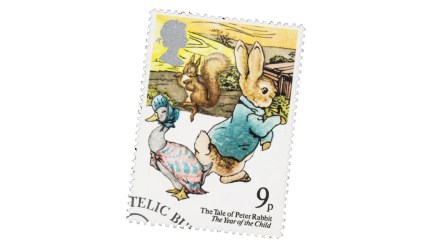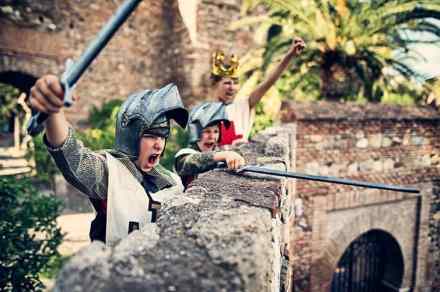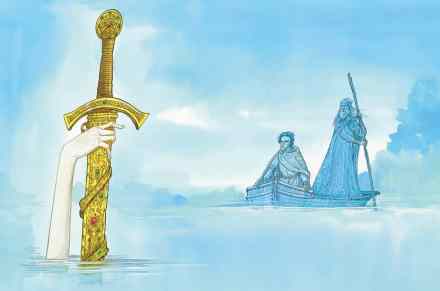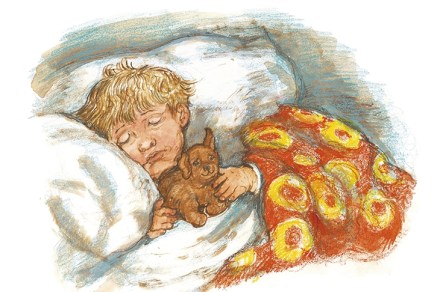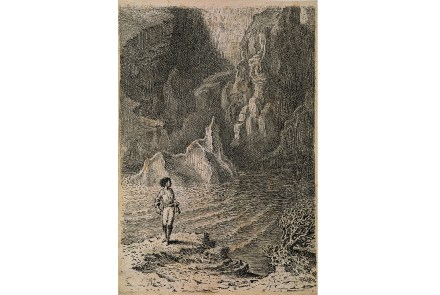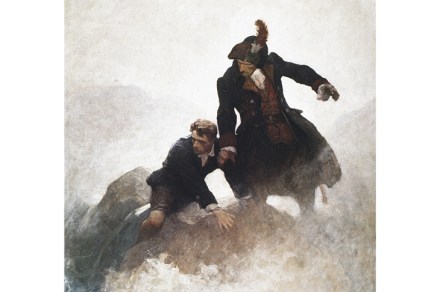Why does the Beano want to cancel itself?
Let’s hear it for the Beano, 85 years old this week. Lucky readers can get a commemorative issue featuring Charles and Camilla, Dua Lipa and Lewis Hamilton. It’s also a chance for those who haven’t read it for decades to register how much it has changed. Lately, the Bash Street Kids welcomed five classmates: Harsha, Mandi, Khadija, Mahira and Stevie Starr. There’s a hijab alongside the stripy shirts and school caps, plus a scientist in a wheelchair. Fatty, the boy who ate all the pies, and Spotty, who had pustules and a long tie, have been renamed Freddy and Scotty to ensure young people who have freckles, weight problems or
